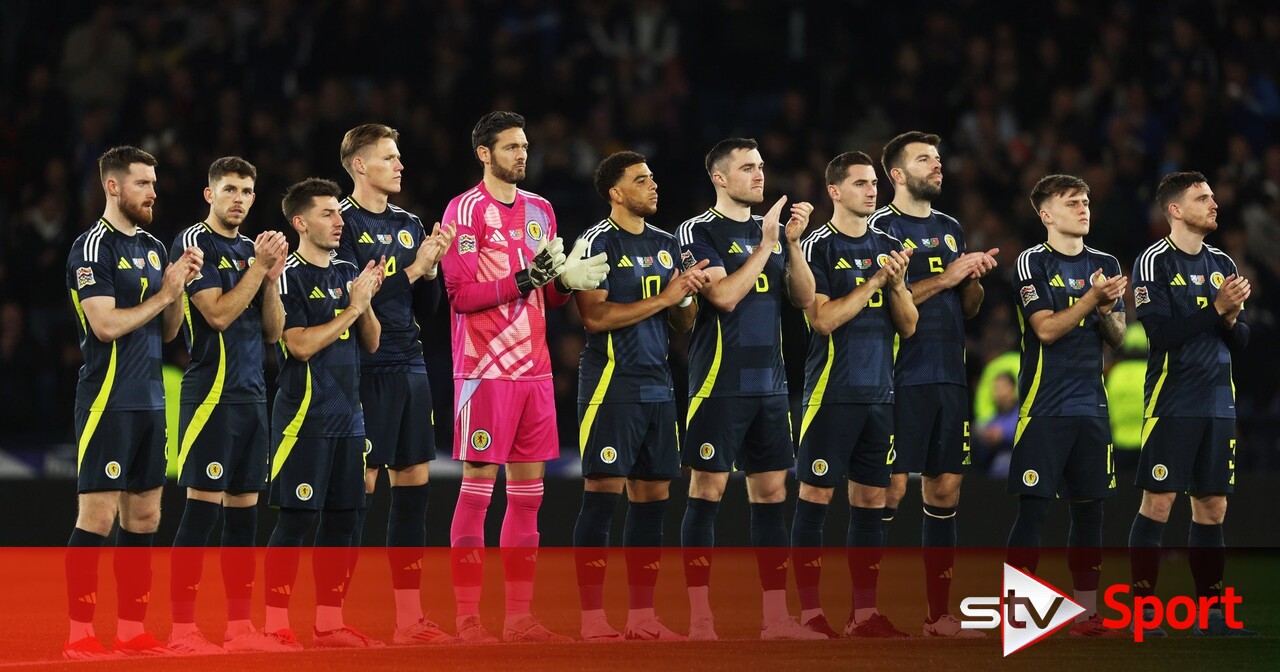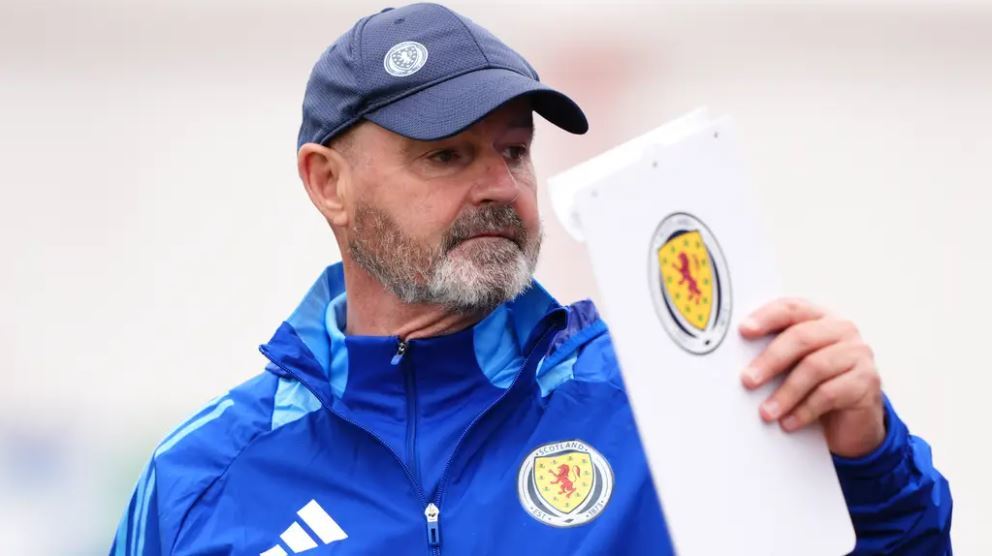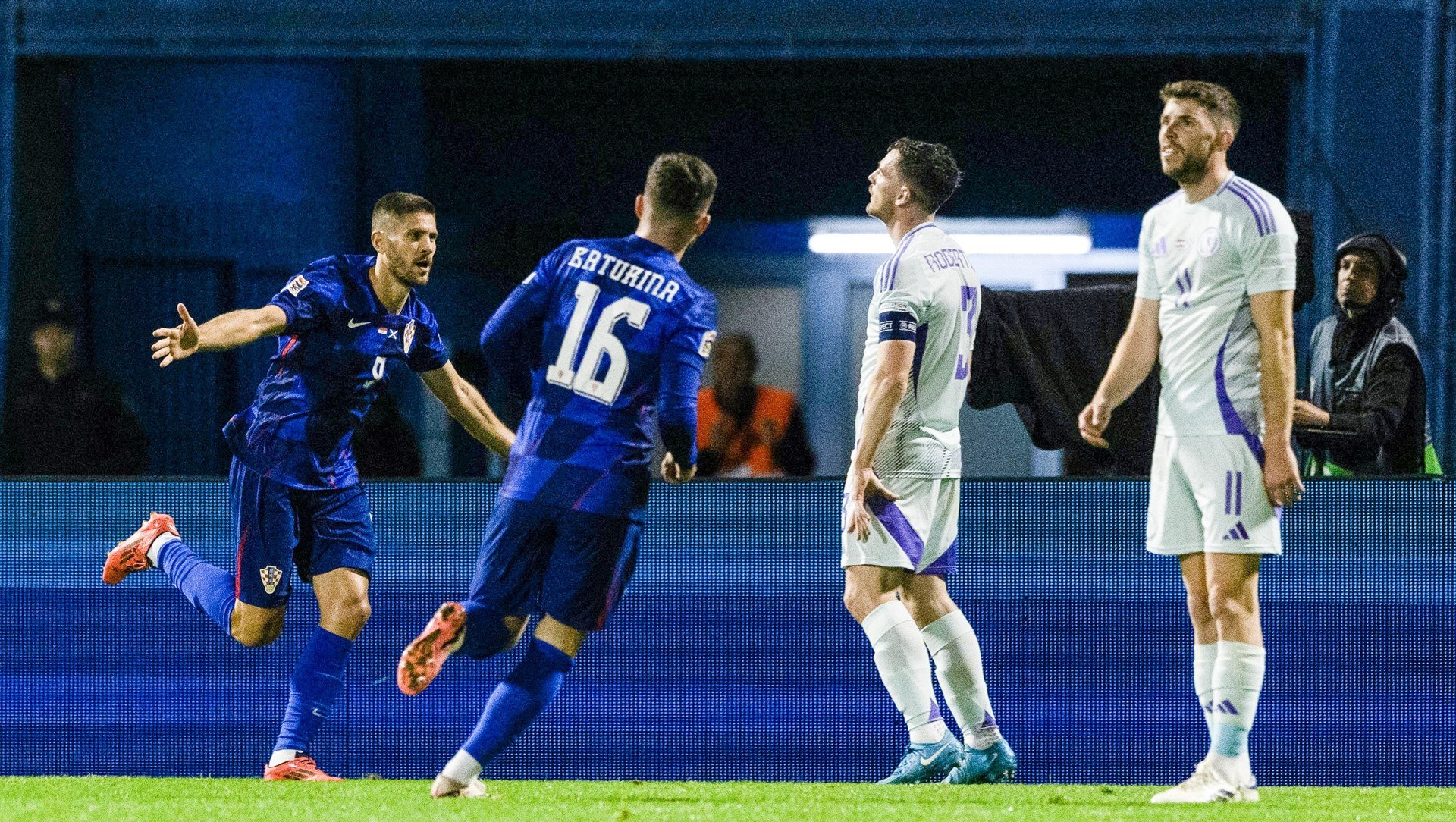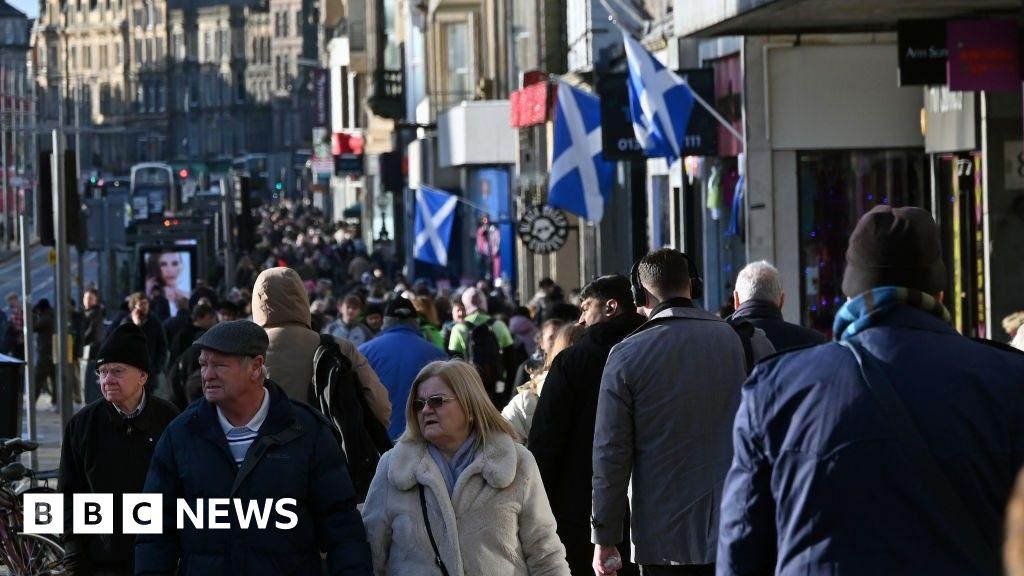Football
What’s at stake for Scotland in their Nations League double-header?

Scotland are back in action at Hampden on Friday night as they begin the Nations League double-header that will decide their fate in the UEFA competition and set the tone for the upcoming World Cup qualifiers.
Steve Clarke’s side face Croatia at the national stadium before heading to Poland for their final group game in Warsaw on Monday.
Life in League A hasn’t been easy for Scotland after they earned promotion to the top tier, with the team only having one point from their four games so far.
That solitary point came from a 0-0 draw against a star-studded Portugal side in the last match at Hampden, with the team previously having lost by a single goal in each of their previous three games.
As a result, Scotland sit bottom of Group A1, three points behind third-placed Poland, six behind Croatia and trailing leaders Portugal by nine points.
Fourth place would mean automatic relegation back to League B, while finishing third would mean a relegation play-off against one of the runners-up from the second tier. As things stand teams in that position include England and Austria, with no guarantee of avoiding the drop.
Steve Clarke has repeatedly said that the best way for his side to improve, and for younger players to develop, is to be facing the strongest teams on a regular basis. If that’s to continue in the Nations League then at least one positive result will be needed over the next few days.
Group A1 permutations
Obviously, if Scotland lose both of the final two games then the team remains in last place and is relegated. But there’s a whole range of other possible outcomes that range from painful to very, very positive.
And while Scotland are in action in Mount Florida, Portugal are at home to Poland with the result there having a major bearing on how the group looks. It’s complicated but the picture will be a whole lot clearer by full time on Friday.
If Scotland lose to Croatia and Poland draw in Portugal then Scotland are relegated.
If Scotland lose to Croatia and Poland lose in Portugal then it comes down to the final game.
If Scotland lose or draw in Poland then Scotland are relegated. But a Scotland win by more than one goal in Warsaw, means Scotland go into the relegation play-off. If Scotland win by exactly one goal then it comes down to goals scored. A 1-0 or 2-1 victory would still see Scotland relegated due to goals scored. A 4-3, 5-4 or similar win would see Scotland go into the relegation play-off. A 3-2 victory would cancel out Poland’s win at Hampden and see the final positions decided on goals scored, then away goals, wins etc.
If Scotland draw with Croatia and Poland draw with Portugal, the points gap remains the same and the final game scenario above applies again. Scotland would need to win in Warsaw by more than one goal, or by a one-goal margin in a high-scoring game.
If Scotland draw with Croatia and Poland win in Portugal then Scotland are relegated.
If Scotland defeat Croatia and draw with Portugal in Warsaw then Scotland are relegated.
Three points for Steve Clarke’s side on Friday night would significantly alter the picture though.
If Scotland defeat Croatia and win in Poland then Scotland avoid automatic relegation. If Croatia win or draw against Portugal on the same night then Scotland go into the relegation play-off.
However, if Scotland defeat Croatia and have a better head to head record, and then go on to defeat Poland while Croatia lose to Portugal, then Scotland would leap into second place.
That would mean staying in League A would be guaranteed and ensure progress to the Nations League quarter-finals but would also have a knock-on effect for World Cup qualification. UEFA won’t confirm the World Cup seedings until after the Nations League group stage is over but it’s likely that second place would make Scotland a Pot 1 team and, in theory, have an easier draw.
A stronger hand but a striking choice to make
 PA Media
PA MediaThe rewards that come with two victories are clear for Steve Clarke and his players to see but the reality is that Scotland have only one win to their name in the last 14 months, and that was in a friendly against Gibraltar.
The talk from the camp this week is that there’s a feeling performances in the group have deserved more than just one point so far.
In addition to being up against a high level of opposition, Clarke has also had to contend with a number of injuries, including the long-term absence of Aaron Hickey, Nathan Patterson and Lewis Ferguson.
When the manager named his squad for this international camp though, he was happy to welcome back a number of players who had previously missed out.
Jack Hendry, Scott McKenna, John McGinn and Middlesbrough striker Tommy Conway return to the squad, with Hearts forward Lawrence Shankland and Celtic left-back Greg Taylor also selected after dropping out last month through injury.
While those inclusions arguably strengthen Clarke’s hand the withdrawal of Che Adams puts more focus on what is a difficult decision regarding the starting striker in games where Scotland can’t afford to pass up any chance of a goal.
Shankland, Lyndon Dykes and Conway have only seven goals between them in club football this season, and Conway has five of those.
While Conway is the player in the best goalscoring form, he’s the forward with the least experience and has only recently made the step up from the Under-21s. Dykes is the most established as a starting player under Clarke but isn’t the most prolific, with only three international goals in the last three years.
Shankland has had no problem finding the net in the last couple of seasons but now finds himself in a barren spell as Hearts have struggled in the Premiership. But he has the backing of Scotland assistant John Carver who said this week that the forward is doing all the right things.
As ever, Scotland will likely rely on goals from elsewhere in the team. Scott McTominay’s impressive start to life at Napoli, where he has already scored three times, will see him arrive in confident mood and McGinn’s return is another boost even though the Aston Villa captain has not been at his best in dark blue in the last year.
At the back, it’s hard to imagine Clarke will stray too far from the back four that kept a clean sheet against Portugal, though McKenna may return. In goal, Craig Gordon looks a certain starter just months after it looked like a line had been drawn under his international career.
Croatia intend to finish the job
 SNS Group
SNS GroupWhile Scotland plan a great escape from relegation and dare to dream bigger, Croatia’s task is simple. A win puts them through to the quarter-finals and ensures League A status.
The players will walk out at Hampden thinking they have every reason to believe that can happen. Their only defeat of the competition has been away at Portugal and they have already defeated Scotland this season with a 2-1 win in Zagreb last month.
The squad is drawn from Europe’s top leagues and there’s plenty of experience in the ranks with four players having over 100 caps for their country.
One of them, Real Madrid’s Luka Modric, will earn his 183rd cap when he leads the team out and the six-time Champions League winner delivered a masterclass when Croatia cruised to a 3-1 victory over Scotland at Hampden to qualify for the knock-out stages of Euro 2020.
Where Scotland can take encouragement is in looking at Croatia’s defensive record. Six goals have been conceded in the four Nations League games so far, with three of them coming in the draw with Poland last month. Goalkeeper Dominik Livakovic was sent off in that game and will miss the match in Glasgow.
Regardless of who replaces Livakovic, Croatia will present a stern test for Scotland.
Clarke’s aim has been to be playing top-quality opposition in high-stakes matches as often as possible. Friday night’s clash could change the course of the Nations League campaign and also help set the side up for a World Cup campaign to remember.
Follow STV News on WhatsApp
Scan the QR code on your mobile device for all the latest news from around the country











